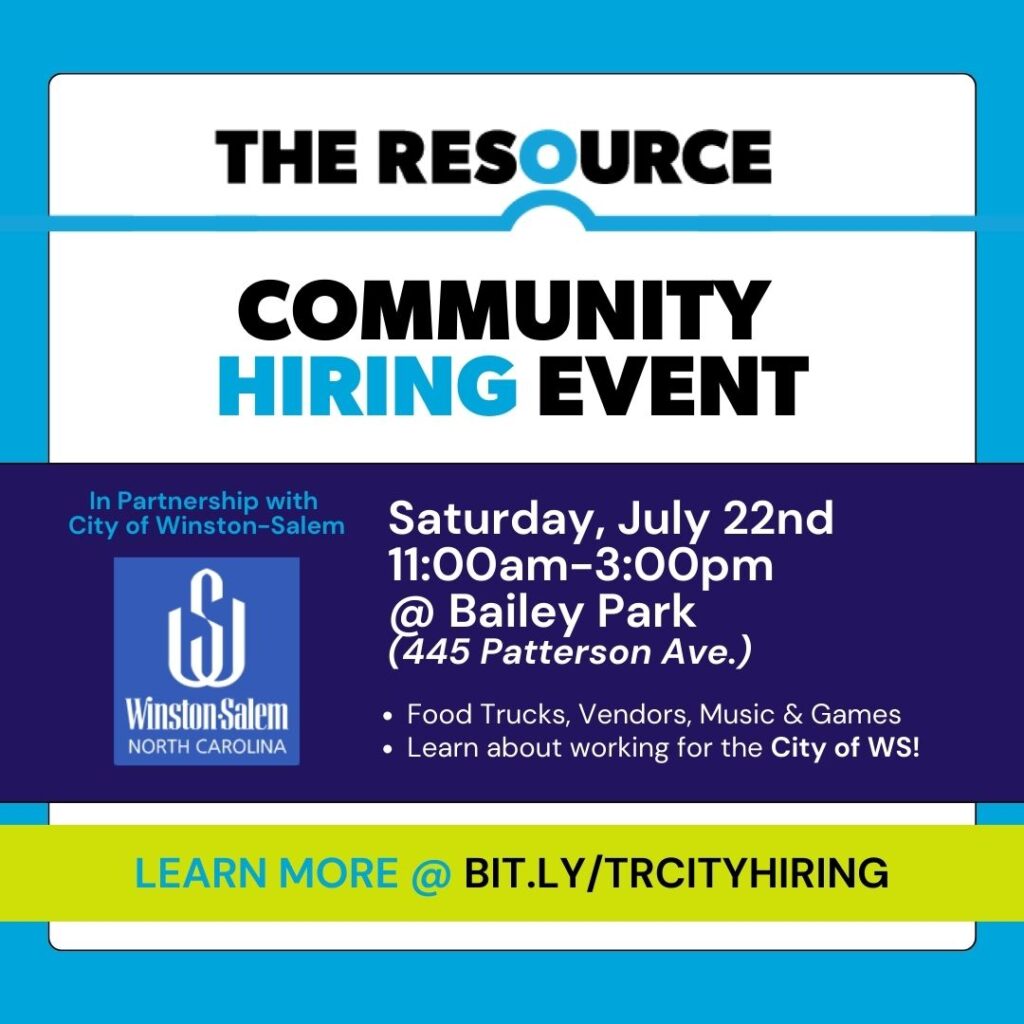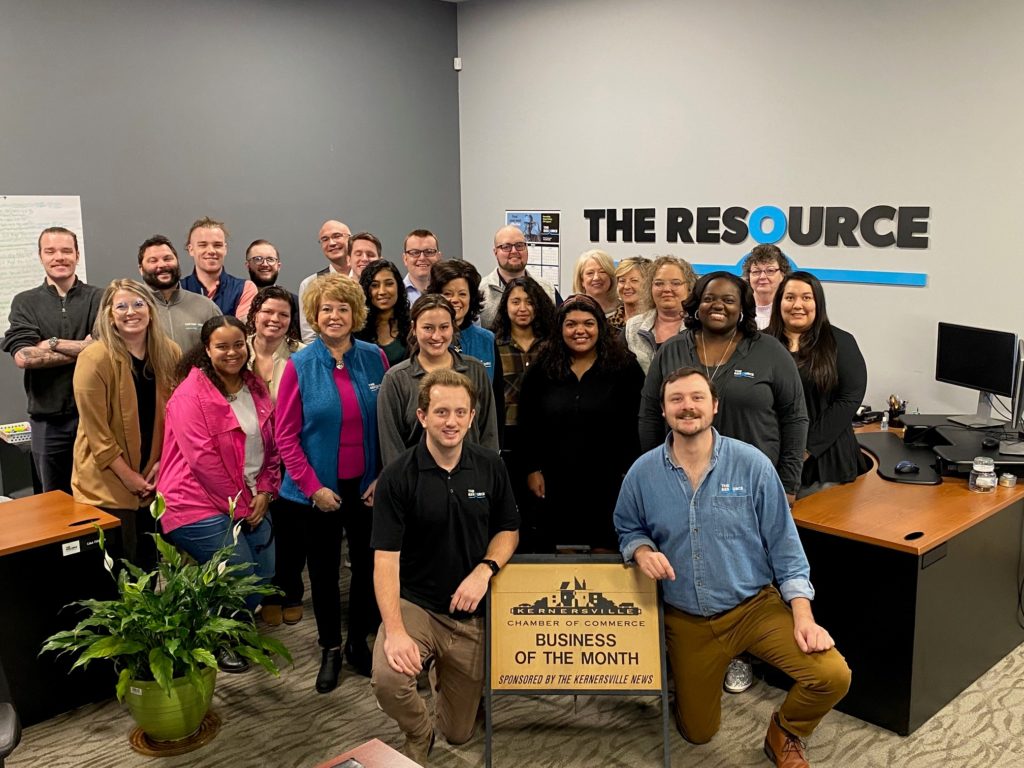Now entering the job market in increasing numbers, Generation Z is on track to make up a whopping 30 percent of the workforce by 2030. With those figures in mind, employers that want to attract this cohort need to figure out how to offer the incentives that will appeal to those employees and improve their engagement. Although Generation Z wants to make a difference in the workplace, its members strive to follow their passions outside work as well. To deliver this valued work-life balance, organizations must offer adequate paid time off and make it easy for employees to use that time. (And managers should lead by example by taking time off themselves.) Companies can support Generation Z’s desire to feel valued as people and foster an employee-centric culture by encouraging employees to take time off to reduce burnout, providing self-service tools that allow shift swapping when needed, and giving employees access to their schedules as far in advance as possible. The members of Generation Z are true digital natives who don’t know life without a cellphone or high-speed internet. They’re accustomed to using technology to receive information quickly and easily and therefore expect immediate answers to their queries. They also expect technology to play a significant role in their everyday lives, both inside and outside the workplace. To maximize engagement with this generation, employers must provide them with modern technological tools. In Generation Z, organizations are finding highly skilled individuals who want a sense of purpose as well as recognition and continual feedback from their managers. In fact, 21 percent of this generation wants daily feedback from their supervisors, and 24 percent wants to hear from them at least weekly. Implementing technologies that automate feedback provides an opportunity to provide this feedback with ease. Because they also value recognition from their peers, organizations can implement peer-to-peer or team-member programs geared toward building connections and trust among employees. Such initiatives empower Generation Z workers to drive positive change in their performance (which in turns benefits the organization). Creating space for employees to contribute their input also helps them to feel valued and appreciated. Generation Z wants clear career pathways and opportunities for growth. Performance reviews are especially critical for this generation, which thrives on receiving feedback. Because many of its members are joining the workforce directly from an environment in which they received feedback constantly—school—they can find it discouraging to transition from an educational setting to a workplace in which opportunities to make measured improvements can be infrequent. Keeping the lines of communication open between managers and employees can help with this adjustment. Providing mobile communication tools to the workforce is also vital for helping these employees stay connected with their managers, with their teams, and with the rest of the organization. Employees of all ages want to know how the work they do makes an impact, but this holds especially true for younger generations. They want to see the results of their work via performance indicators. Visibility into real-time data not only provides those insights but can also help with the performance management of employees, as well as talent management and retention. Thanks to their comfort level with technology, emphasis on work-life balance, and focus on personal and social values, the members of Generation Z will have a significant impact on the future of work and play a large role in the transformation of the workplace. To remain competitive in the future economy, organizations must understand and respond to the unique perspectives and needs of this new generation. Work-life balance
Technology
Feedback and recognition
Career growth
Visibility and insight
Fueling the future











